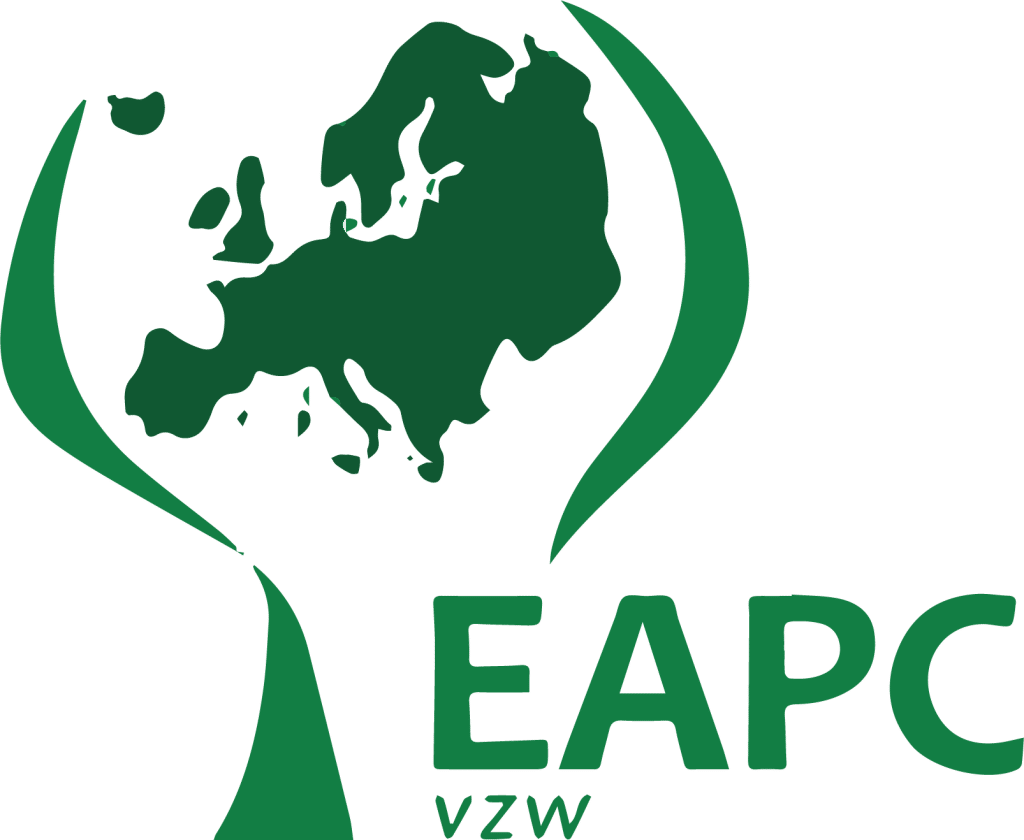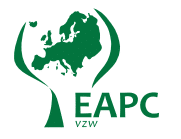First Task Force on Volunteering in Hospice and Palliative Care (2017)
The EAPC Task Force on volunteering started on December 2013. It brings together practitioners, volunteers and researchers and our approach involves both research and the sharing of practice and experience. The outcomes of our work are intended to develop a greater understanding of volunteering in the field and influence the development and improvement of practice. There are five main workstreams:
- A baseline survey of volunteering in hospice and palliative care in Europe to explore numbers, roles, management, training and challenges. This is being led by Professor Lukas Radbruch at the University of Bonn.
- The development of a paper on the contribution, position, identity and value of volunteering in hospice and palliative care in Europe. This paper is based on a literature review, focus groups and a consultation with country experts to gain consensus on four key discussion areas.
- The development of a charter for hospice and palliative care volunteering in Europe
- A stories project to be launched in 2016 to gather the experiences of volunteers and volunteer managers in their own words.
- An ongoing commitment to International symposia for example: in Vienna in April of 2015, at the EAPC Congress in Prague in 2013, where volunteers, paid staff and researchers can engage in sharing knowledge, practice and ideas through focused presentations and workshops.
Aims & objectives
Informed by a series of working groups held at the Symposium “Colourful Lives of Volunteers in Europe” at the EAPC Congress in Prague in May 2013, the aims and objectives of the Task Force are to explore:
- The roles undertaken by volunteers in hospice and palliative care in Europe
- How volunteering is manage
- What training is offered to volunteers
- What the challenges are for volunteers, managers and organisations
- The numbers of volunteers involved in each participating country
Background
Volunteers play an important role in a civil society and in some countries in Europe have historically had a long involvement in hospice and palliative care, often initiating services. Many hospice and palliative care services depend on volunteers to enable them to deliver the range and quality of services that they provide. This includes both emotional and practical support to patients and families in hospices and in the community, in addition to valuable support for the wider organisation through administration, fundraising and awareness raising. Volunteers have an important role to play and bring a unique quality to the care of patients and their families. However, volunteers, may not always be acknowledged as a part of the professional team, or their skills and expertise recognised (Davis-Smith (2004), Andersson and Ohlen (2005), Addington-Hall and Karlsen (2005), Barron (2008)). With a demand for hospice and palliative care steadily increasing, volunteers will have a significant role to play in the delivery of services in the future in ensuring truly holistic care.
References
- Addington-Hall, & J.M.,Karlsen,S.(2005b). A national survey of health professionals and volunteers working in voluntary hospices in the UK 2: Staff and volunteers’ experiences of working in hospices. Palliative Medicine 19 (1), 49-57.
- Andersson, B. & Ohlen, J. (2005). Being a hospice volunteer. Palliative Medicine 19, 602-609.
- Barron, A. (2008). Sharing Good Practice; The Management of Hospice Volunteering. Retrieved on August 21, 2011 from http://www.leighbarron.com
Davis-Smith, J. (2004). Volunteering in UK hospices: looking to the future, London: Help the Hospices - Morris S, Wilmot A, Hill M, Ockenden N and Payne S. (2012) A narrative literature review of the contribution of volunteers in end of life care services. Palliative Medicine (published on-line July 2012) DOI: 10.1177/0269216312453608
Methods
Information has been gathered for the different work streams using a range of methods and have included group discussions at Task Force meetings, consultation, presentations and discussion groups at two international symposia and submitted country information.
Survey
This project involved mixed methods for data collection. Numerical data was gathered to give an indication of the numbers of volunteers in each participating country and the numbers involved in direct care of patients. Qualitative data was also be collected to give an understanding of how volunteering is understood in addition to exploring areas such as management, training and challenges.
Because of the geographic nature of the study, data was gathered by a self-administered online survey. National associations in each country were the main point of contact for statistical and other strategic information and the Task Force membership identified volunteer managers and volunteers in each country to respond to the other aspects of the study.
Publications and Blogs
Blogs
- EAPC Blog June 2014 Pelttari, L., Pissarek, A., Scott, R. (2014) - Colourful lives of hospice volunteers in Europe. View blog
- EAPC Blog January 2015 Pabst, K., Radbruch, L. - EAPC Survey: The role and motivation of volunteers in hospice and palliative care in Europe. View blog
- EAPC Blog March 2015 Scott, R., Pelttari, R., - Colourful lives of hospice volunteers in Europe 2. View blog
Task Force on Volunteering Meeting
Chairs
Leena Pelttari
CEO Hospice Austria, Vienna
Ros Scott
Researcher and Independent Consultant, Scotland UK
Steering committee
Professor Sheila Payne - UK
Professor Lukas Radbruch - Germany
Piotr Krakowiak, volunteer manager – Poland
Jos Somsen, Volunteer Manager - Netherlands

